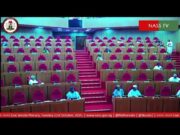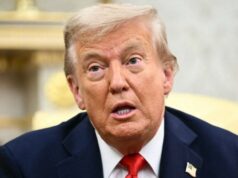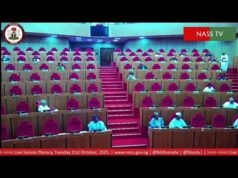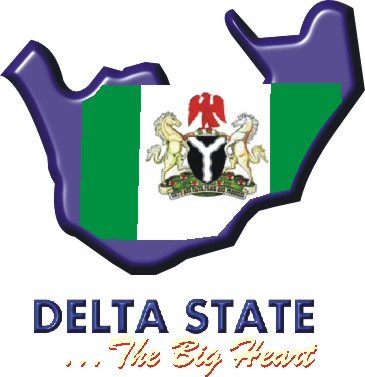By Peter Legacy, NOL24 TV— November 1, 2025
The South African government has sharply criticised the administration of U.S. President Donald Trump following reports that Washington is considering giving preferential treatment to white Afrikaners in its refugee intake programme.
In a strongly worded statement released on Saturday, South Africa’s Department of International Relations and Cooperation (DIRCO) expressed “deep concern and disappointment” over what it described as a “racially selective and discriminatory policy proposal.”
“Refugee policies should be based on humanitarian principles and international law, not skin colour or ethnic background,” the statement read. “South Africa rejects any attempt to portray one segment of our population as more deserving of protection or sympathy than others.”
The controversy erupted after several U.S. media outlets reported that the Trump administration was weighing a policy that would prioritise white South African farmers — known as Afrikaners — citing alleged “persecution” and “land insecurity” in post-apartheid South Africa.
Officials in Pretoria said such rhetoric not only misrepresents the realities of South Africa’s democratic society but also risks stoking racial tensions.
“South Africa is a constitutional democracy founded on equality, justice, and reconciliation,” the DIRCO spokesperson added. “It is regrettable that such narratives continue to be weaponised for political gain abroad.”
Human rights groups in both countries have also condemned the reported move, warning that it undermines the credibility of the U.S. refugee system and echoes apartheid-era racial hierarchies.
“The idea of prioritising refugees based on race or heritage runs counter to international humanitarian standards,” said Nomsa Khumalo, a Johannesburg-based immigration lawyer. “It’s deeply offensive to the millions of people globally who flee genuine persecution, regardless of colour.”
Meanwhile, the White House has not officially confirmed the policy proposal, but a senior administration source told U.S. reporters that “the president believes in helping those unfairly targeted because of who they are.”
The development has added new strain to U.S.–South Africa relations, which have already been tense over trade and foreign policy differences.
Analysts warn that the latest dispute could complicate diplomatic ties between Washington and Pretoria, as well as U.S. engagement with other African nations wary of racially skewed policies.
“The optics are terrible,” said political analyst Sipho Dlamini. “It risks painting America as selectively compassionate — a dangerous message at a time when global refugee needs are higher than ever.”
As outrage mounts, South Africa has vowed to seek clarification from Washington through diplomatic channels and to raise the issue at the African Union and United Nations forums if necessary.






















